#Environment
Piston Slap: Acceptable Oil Consumption?
Justin writes:
Sajeev,
First I wanted to let you know that nearly everyday on my lunch break I check TTAC and each time I see a Piston Slap article I always make sure to read through it. I admire your knowledge and have learned quite a bit from your articles. I guess that I have a two part question.
The first part being since when has it become “acceptable” that a modern (low mileage) engine can consume a quart of oil in less than 5K miles. Audi and VW jump the front on my mind with their 2.0T mills, but I hear more and more through the woodwork about engines drinking oil. The second part of my question probably has more to do with correlation than causation but it seems like direct injection plays a role in this IMO unacceptable oil consumption.
Thanks!
Autoworkers, Agribusiness, and Algae: Toledo Back in Business, For Now
Toledo, Ohio has just squeaked by a major environmental crisis. A toxic algae bloom in Lake Erie poisoned the city’s water supply, leaving over 400,000 residents high and dry for three days. Restaurants, schools and businesses closed, the National Guard trucked in water, and the governor declared a state of emergency. Meanwhile, Fiat-Chrysler had to resort to creative measures to keep its Toledo Jeep plant running.
Hamburg to Ban Cars From City Center By 2034
Germany’s presence in the motoring landscape is enormous, from the ongoing ‘Ring Time contests between the world’s automakers and their halo cars, to the famed Autobahn that connects Nürburg — and other cities in the country — with each other. Yet, the nation’s second-largest city, Hamburg, will eliminate Porsches, BMWs and Fords from its city center by 2034, when its car ban goes in effect.
Canada Adopts CAFE 2025-Based Fuel Economy Standards
Canada’s government is seen as reluctant to tackle the issue of climate change. Concerned Canadians have even taken to discussing how putting a Canadian flag on one’s backpack may be dangerous because our lack of environmental leadership has diminished our standing in places like Europe. Or at least that’s what one eco-conscious party guest told me, in between agitating for more bike lanes and asking for a lift home.
Since motorists and drivers are low-hanging fruit without any kind of organized lobby, our Conservative government has decided to offer up the automobile as a sacrificial lamb in the PR temple by implementing CAFE-style standards on Canadian vehicles. As we all know, CAFE is a deeply flawed system that rewards the bad guys. So why would Canada, a land of small cars and high gas prices, do this?
German Media Warns Of C02-Substitute "Killer Coolant"
Germany’s Autobild continues to bang the drum about HFO-1234yf, an air-conditioning coolant sold by US supplier Honeywell as an “environmentally-friendly” alternative to other refrigerants. Problem is, C02 seems to be not only more environmentally safe, but safer for humans (notably rescue workers) as well…
Swiss Environmental Study Finds EV Battery Production Impacts Outweighed By Operation Impacts
What about battery production? It’s one of the most popular criticisms of the green halo surrounding battery-electric vehicles, and one that’s widely circulated in anti-EV circles. Battery production, it is argued, requires the mining, transportation and processing of minerals which puts EVs at an environmental disadvantage compared to ICE vehicles. Needless to say, quantifying the impacts of ICE and electric drivetrain production is extremely difficult, due to the complexity and global supply chains required to produce both (not to mention the inherent difficulty of quantifying environmental impacts). But a study by the Swiss Federal Laboratories for Materials Science and Technology [via Green Car Congress] took on just that question, and indicates that
the impact of a Li-ion battery used in BEVs for transport service is relatively small. In contrast, it is the operation phase that remains the dominant contributor to the environmental burden caused by transport service as long as the electricity for the BEV is not produced by renewable hydropower.
China To Tax Pollution
Europe has largely shifted towards a CO2-based vehicle taxation regimen. Next in line to tax what comes out of your car may be, wonders of wonders, China.
“Drivers in China may be taxed on the level of emissions produced from their vehicles in the future,” writes China Daily, citing the comments of an official of the Beijing Development and Reform Commission (BDRC).
15m Or More Cars In China. How It Affects Peak Oil And Global Warming
It’s definitely official now. The last word in Chinese vehicle sales has the China Association of Automobile Manufacturers (CAAM,) and the CAAM has spoken. Vehicle sales in China last year rose 46.2 percent to 13.64m units. This is not surprising, but it is nonetheless reassuring that the 13.6m number TTAC had reported last week was only 40,000 short. It is equally official that China is the world’s largest auto market, ahead of the U.S.A. by 3m units, more or less.
Vehicle sales in December alone rose 91.7 percent from a year earlier to 1.41m units in China, the CAAM said. Passenger car sales jumped 88.7 percent in the last month to 1.1m units. Full-year 2009 China passenger car sales are up 52.9 percent in 2009 to 10.3m. If passenger cars alone would count, then the truck and SUV happy USA would look like a 3rd world country: According to Automotive News [sub], only 5.7m new “passenger cars” drove off U.S. dealers’ lots in 2009, slightly more than half of what the Chinese bought.
Will the sales boom continue in 2010? Not as mad as in 2009, expects the CAAM. The manufacturers association expects growth to continue at a more moderate pace of 10 percent. This would mean 1.36m units in additional sales, or a total of a little less than 15m. Merrill Lynch is a little more bullish and thinks that the Chinese market will grow to 15.5 million vehicles this year, the Nikkei [sub] reports. A horrific thought to those who are scared that Chinese will use all our oil, and that melting polar caps will destroy the value of our waterfront properties. Wait, it’s getting worse.
Ask The Best And Brightest: What Are The Most Important Car-Related Political Issues?
Beijing Drowns In Cars
Before this year ends, Beijing will have 4 million cars on the roads. Not to worry, says a city official, there is room for more.
Beijing’s car population reached 3.96 million last week, writes the state news agency Xinhua. The city adds 2100 new cars per day. At that rate, the 4m mark will be reached in 19 days.






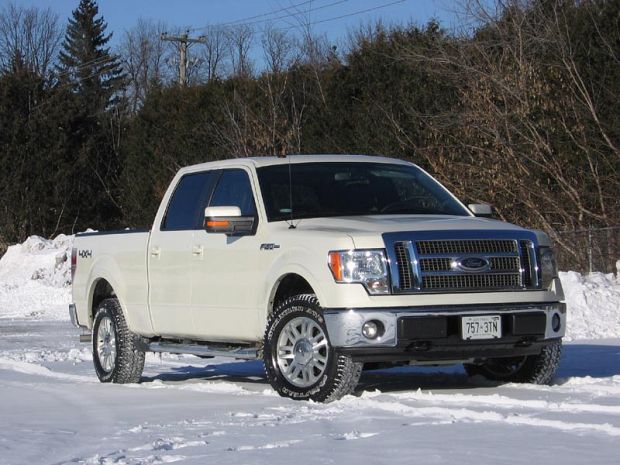
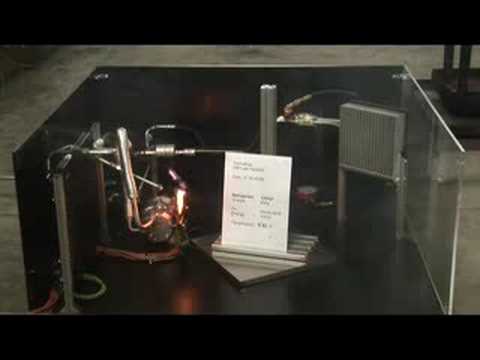
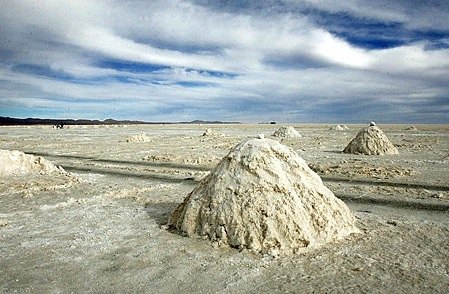
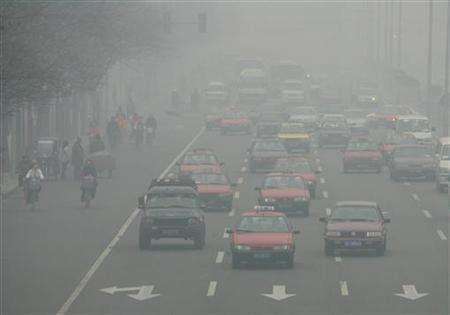

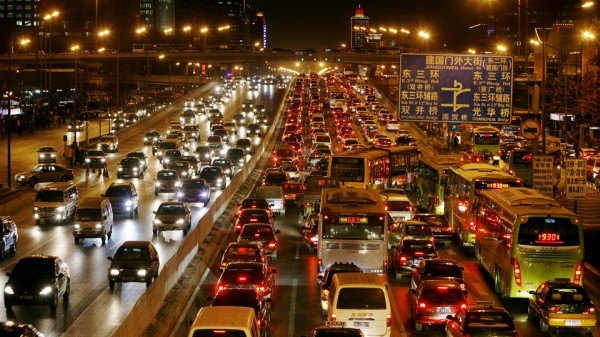












Recent Comments